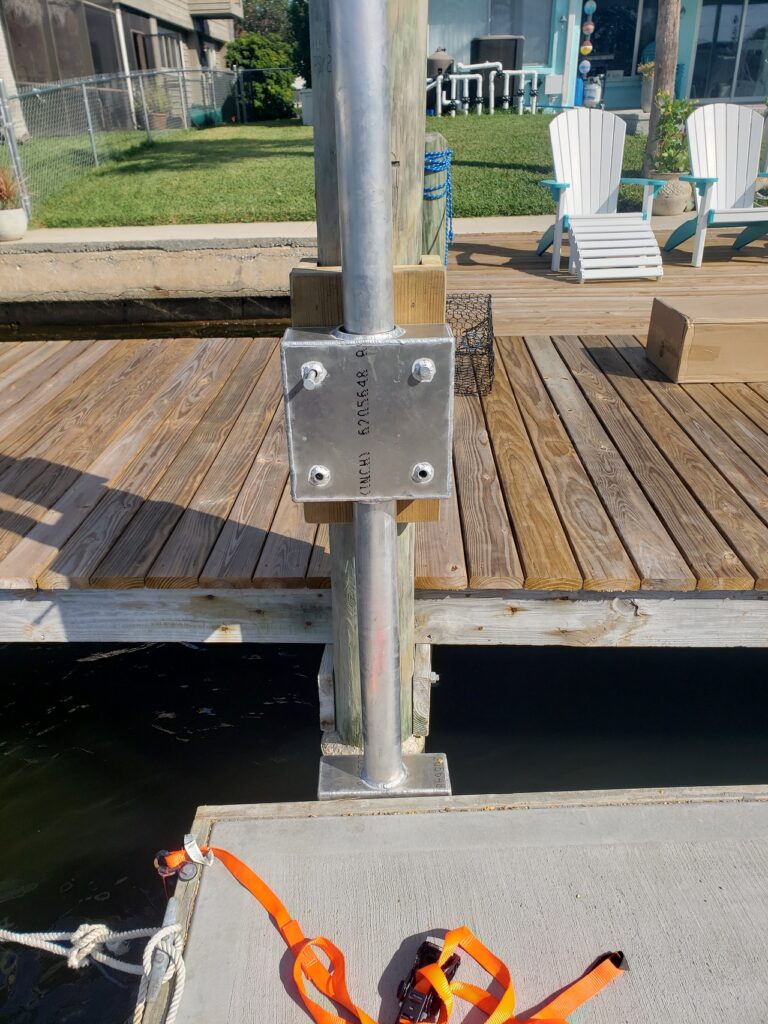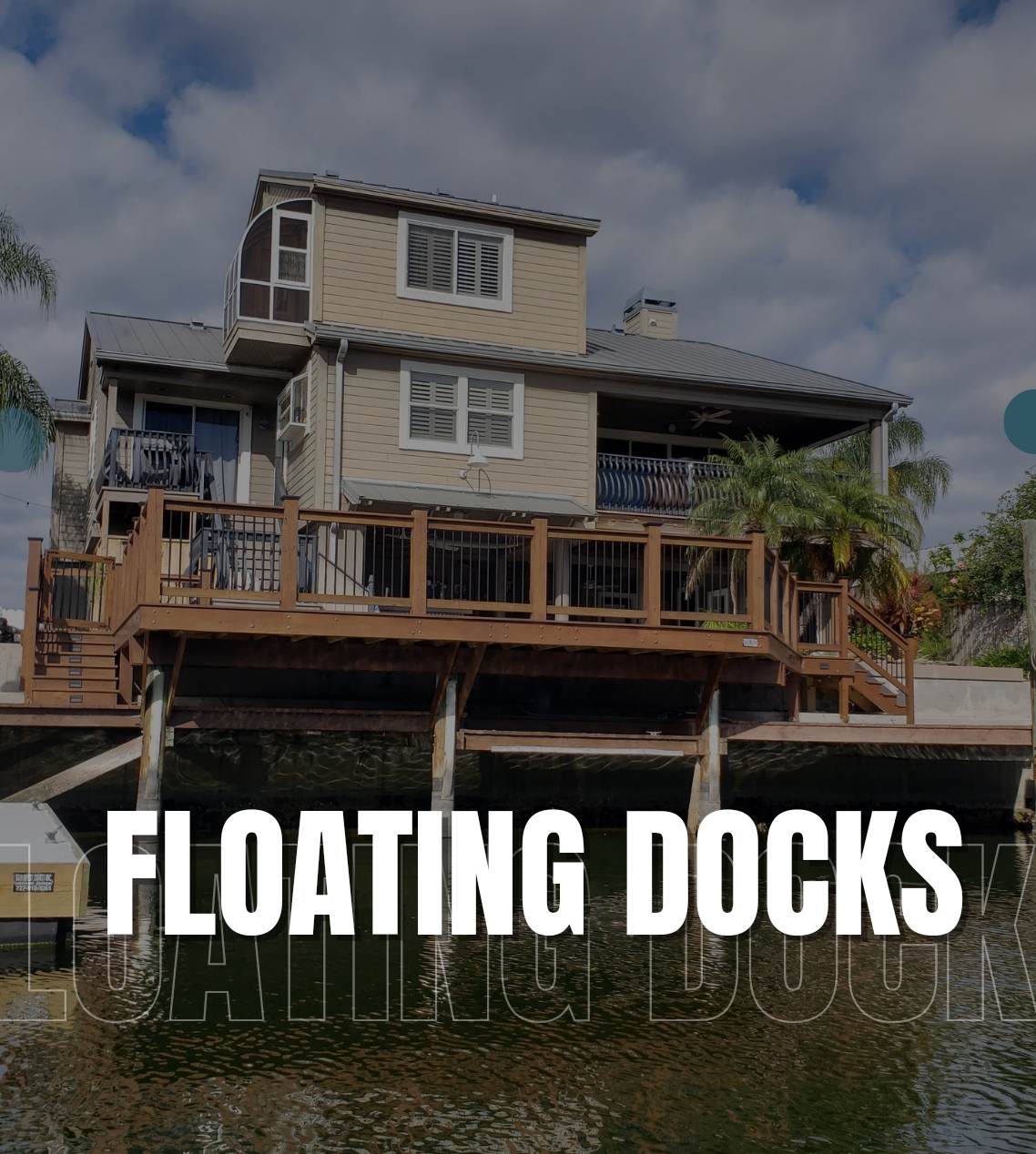
Floating Dock Systems in Florida – Durable & Versatile Waterfront Solutions
Floating Dock Florida has become an essential solution for waterfront property owners, marina managers, and recreational facilities across the state. With its adaptability to changing water levels, low maintenance needs, and eco-friendly design, a floating dock offers a reliable alternative to traditional fixed docks. Florida’s diverse shoreline and inland waterways make it the perfect location for this type of system, ensuring long-term usability and resilience against storms, tides, and rising waters.
Floating Dock Solutions in Florida – S&H
The term “Floating Dock Florida” signifies more than just a product; it represents a shift toward sustainable, versatile, and cost-effective waterfront solutions. Designed to cater to residential homeowners, commercial marinas, and government agencies, floating docks offer a practical and environmentally friendly approach to waterfront access. These docks are engineered to adapt to changing water levels, rising and falling with the tide, which reduces strain during extreme weather, ensures access during low tides, and minimizes disruption to fragile marine ecosystems (Florida DEP, FEMA).
At S&H, we specialize in crafting floating dock systems tailored to Florida’s unique environmental challenges. Whether it’s the serene lakes of Central Florida, the tidal bays of the Gulf Coast, or the hurricane-prone waters of the Atlantic, our docks are designed with safety, durability, and long-term performance in mind. With S&H, you get a floating dock system built to withstand the elements and enhance your waterfront experience.


